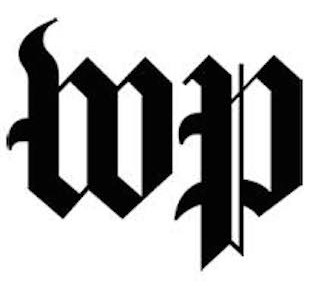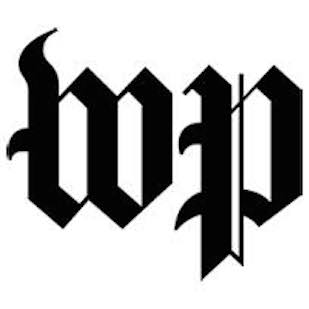WASHINGTON POST SUNDAY “How did situation get so horribly out of control?”
So how did the situation get so horribly out of control?
|
Advertisement |
The virus easily outran the plodding response. The WHO, an arm of the United Nations, is responsible for coordinating international action in a crisis like this, but it has suffered budget cuts, has lost many of its brightest minds and was slow to sound a global alarm on Ebola. Not until Aug. 8, 4 1 ⁄ 2 months into the epidemic, did the organization declare a global emergency. Its Africa office, which oversees the region, initially did not welcome a robust role by the CDC in the response to the outbreak.
Previous Ebola outbreaks had been quickly throttled, but that experience proved misleading and officials did not grasp the potential scale of the disaster. Their imaginations were unequal to the virulence of the pathogen.
“In retrospect, we could have responded faster. Some of the criticism is appropriate,” acknowledged Richard Brennan, director of the WHO’s Department of Emergency Risk Management and Humanitarian Response. But he added, “While some of the criticism we accept, I think we also have to get things in perspective that this outbreak has a dynamic that’s unlike everything we’ve ever seen before and, I think, has caught everyone unawares.”
The epidemic has exposed a disconnect between the aspirations of global health officials and the reality of infectious disease control. Officials hold faraway strategy sessions about fighting emerging diseases and bioterrorism even as front-line doctors and nurses don’t have enough latex gloves, protective gowns, rehydrating fluid or workers to carry bodies to the morgue. read the rest


